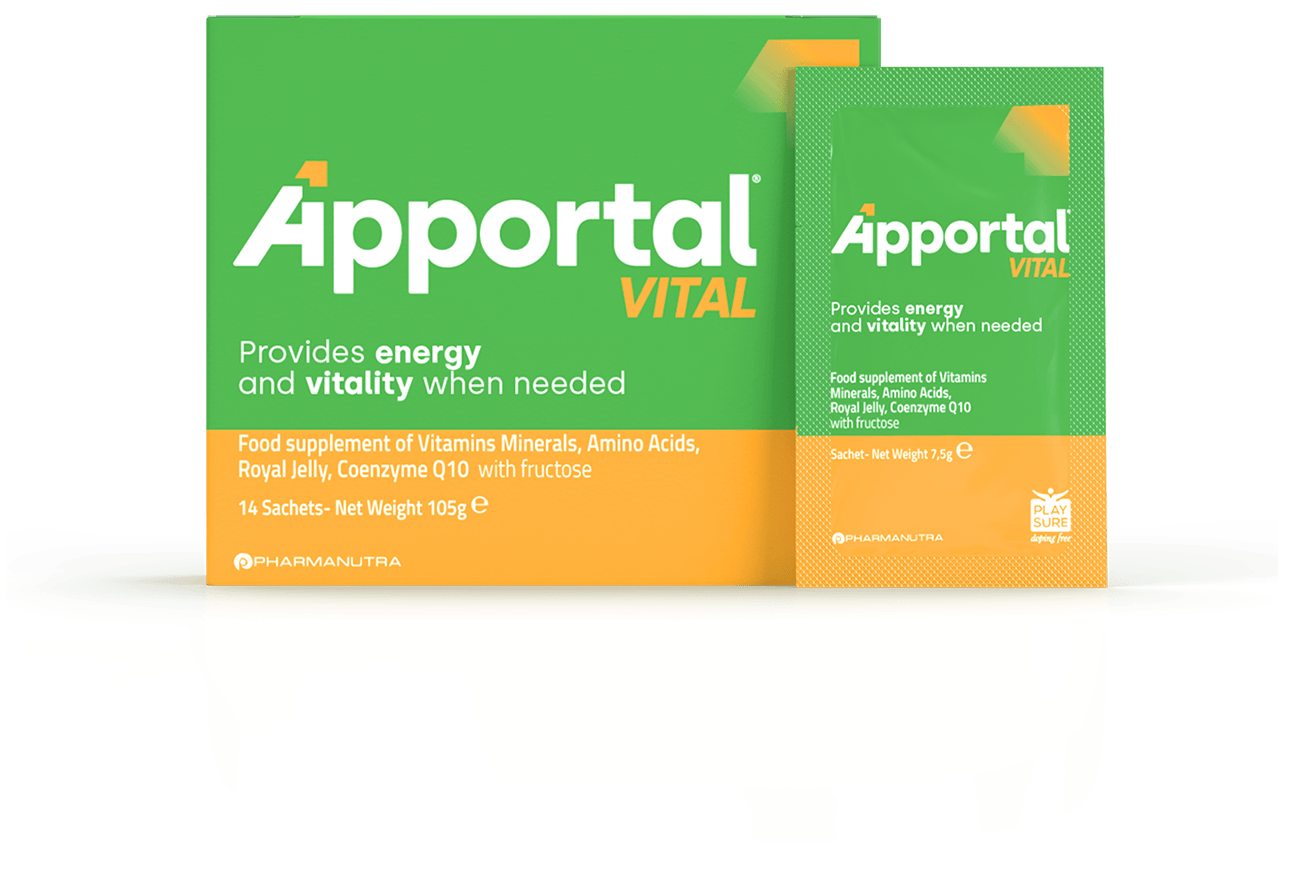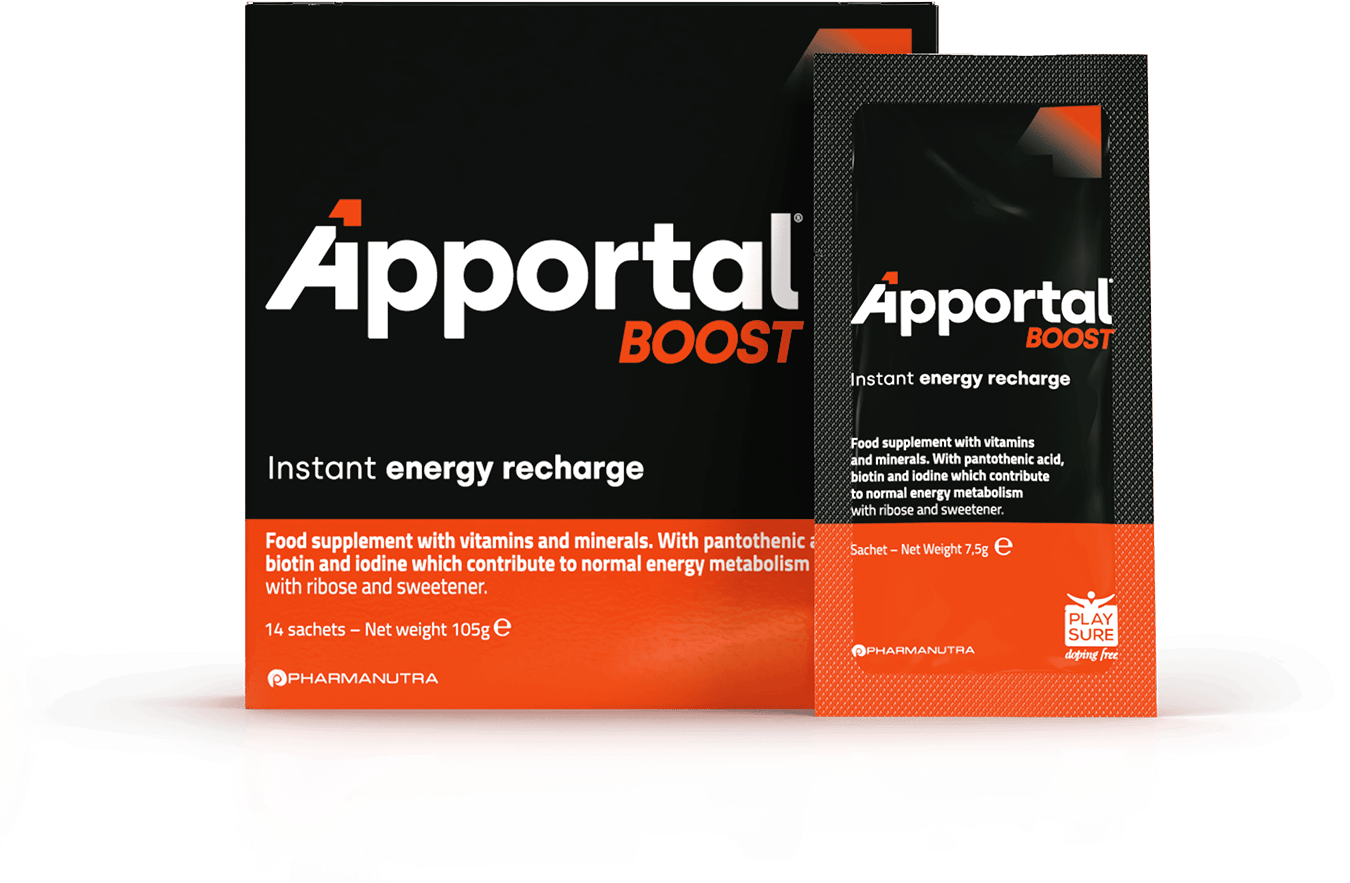Tiredness, irritability and drowsiness can take their toll on children especially in some periods of the year. The main causes include: changes in routine (such as returning to school), climatic changes (the passage from hot to cold seasons) and seasonal viruses (colds, tonsillitis, gastrointestinal problems), often accompanied by a lack of appetite.
These are very common symptoms and behaviour, which should not cause excessive worry, even though it is worth remedying them as soon as possible. First of all, we have to support the immune system, ensuring that it is ready to fight any viruses and pathogens.
Vitamins and minerals that stimulate children’s immune system
The diet is the first source of vitamins and minerals, and this is why it is important for children to learn right from an early age how important it is for them to eat, as this directly affects their health. This does not mean completely eliminating sweets and the occasional tasty snack, but rather being aware that well-being begins at the table, and this will help them to grow strong and healthy.
The EFSA (European Food Safety Authority) has stated that there are at least 10 essential nutrients for normal functioning of the immune system, including six vitamins and four minerals.
- Vitamin A: useful for the health of the immune system, for the development of sight, fertility and bone growth.
The recommended daily intake of vitamin A is approximately 0.6-0.7 mg.
- Vitamin B6: it has many functions in the body, and is involved in over 100 enzymatic reactions, playing an important role in brain development.
For children and adolescents, the recommended average daily intake is:
1-3 years: 0.4 mg
4-6 years: 0.5 mg
7-10 years: 0.7 mg
11-14 years: 1.0 mg
- Vitamin B9: i.e., folic acid, is fundamental for synthesising proteins and DNA, as well as for forming haemoglobin, and must be part of the intake of pregnant women as this vitamin tends to protect and promote embryo development.
The recommended dose is at least 0,4 mg (400 micrograms) a day.
- Vitamin B12: necessary for the transformation of nutrients deriving from the diet, for the production of red blood cells and the formation of bone marrow. It is also involved in the correct functioning of the nervous system.
The recommended dose of vitamin B12 is:
1-3 years: 0.7 mcg/day
up to 10 years: 1.4 mcg/day - Vitamin C: fundamental for children’s growth, to ensure the healthy development of skin, joints, bones and blood vessels.
The recommended daily intake is:
0-3 years: 35 mg
4-6 years: 45 mg
7-10 years: 60 mg
- Vitamin D: indispensable for children’s growth, for the absorption and deposit of calcium in the bones.
infants: 400 Ul per day
2-5 years: 1,000 UI per day
over 5 years: 2,000 UI per day
- Zinc: fundamental for the development of children’s immune systems, helping them to fight infections.
infants up to 1 year: 3 mg/day
increases gradually up to 9-12 mg/day for adolescents and adults
- Iron: very important for correct physical and mental development. Increases resistance to stress, and is a valid ally for strengthening the immune defences and helps to increase energy levels.
1-3 years: 7 mg
4-8 years: 10 mg
9-13 years: 8 mg
- Copper: reduces the risk of catching infections and problems affecting the respiratory tract, including bronchitis, laryngitis, otitis, rhinitis and allergic reactions.
0-6 months: 200 mcg
7 months-1 year: 220 mcg
1-3 years: 340 mcg
4-8 years: 440 mcg
9-13 years: 700 mcg
- Selenium: useful for children’s growth, as it promotes tissue elasticity, and also acts as a barrier against pathogens.
1-3 years: 20 mcg
4-8 years: 30 mcg
8-13 years 40 mcg
This is what should never be missing from children’s diets, to help them top up on these essential nutrients:
- Fruit and vegetables: an irreplaceable source of potassium, magnesium, folic acid, vitamins A, C, E
- Cereals: source of fibre
- Dairy products: source of calcium, group B vitamins, vitamin D
- Legumes: source of potassium, iron, calcium and phosphorus, group B vitamins
- Fish: source of group B vitamins, vitamin A and vitamin D and mineral salts including calcium, phosphorus and iodine
Supplements for children
Protecting the body is by far the most effective solution for reducing the risk of lowering the immune defences. The correct intake of vitamins and minerals is able to act as an authentic defence mechanism.
Apportal® Vital is the nutritional supplement with an immunomodulating function, formulated to provide the body with a complete charge of vitamins and minerals, able to stimulate the immune response during particularly debilitating periods.







